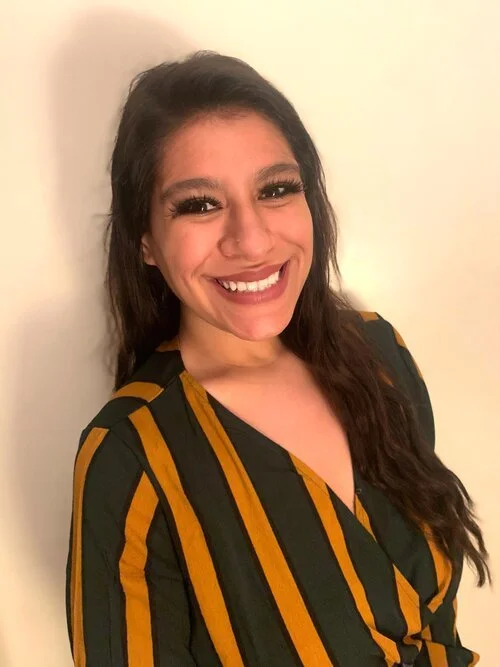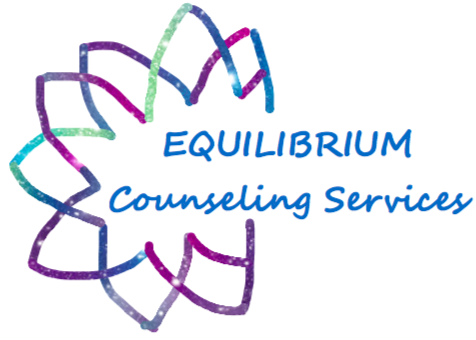Equilibrium Counseling Services specializes in
LGBTQ-Affirming Counseling for Teens & Their Families
in Rancho Cucamonga, California and virtually for clients in California
ECS is Inclusive and LGBTQ+-Affirming
Whether you’re a teen who falls outside of the straight and cisgender norm or you’re a parent trying to support your queer child, you know that navigating school and family while figuring out who you are, how you want to present to the world, and what relationships mean to you can be tricky (to say the least).
Maybe you’re feeling confused and misunderstood, even when you’re by yourself.
You could be unsure about how your family and friends will receive the real you and worried about how to show them who you really are.
Maybe you’re not even sure how to talk about your sexual and romantic attractions and are seeking language to understand your inner world.
You could be a parent or caregiver looking for ways to support, understand, and relate to your child in a healthy and supportive manner.
Therapy for queer and gender nonconforming teenagers and their families helps bring clarity, confidence, and connection.
Here at ECS, we support clients in exploring and building their identity within an affirming space, whether that be working with teens themselves or with parents and families as they learn to shift their family structure to be more inclusive. Individual sessions with a mental health professional for your LGBTQ+ teen is an investment in their well-being and their future.
In LGBTQ+ affirming therapy, clients will gain clarity and confidence in who they already are and who they desire to become. Within a safe space, teens and young adults are able to ask questions and explore their identity, sexuality, and gender-expression without judgement or expectation and with sound, reliable resources provided by clinicians with lived experience.
We are making space for young people who are challenging cultural norms and the gender binary.
ECS is uniquely qualified to serve teens and young people who are LGBTQ+ due to our practice specialized in the mental health of young people and our clinicians who have lived experience. We support the whole family system in navigating a gender transition or coming-out experience by providing individual and group therapy for teens and support for parents and families.
ECS is Neuroqueer-Affirming
An important part of our mission at Equilibrium Counseling Services is affirming and supporting neuroqueer clients. The term neuroqueer was originally coined by Dr. Nick Walk in 2008.
“A neuroqueer individual is any individual whose identity, selfhood, gender performance, and/or neurocognitive style have in some way been shaped by their engagement in practices of neuroqueering, regardless of what gender, sexual orientation, or style of neurocognitive functioning they may have been born with.” - Dr. Nick Walk, Phd. (1)
There are many examples of the neuroqueer intersection…
An international study published in 2018, revealed that nearly 70 percent of autistic respondents identify as non-heterosexual—more than double the rate in the general population.
“Among individuals with Autism Spectrum Disorder (ASD), an estimated 42–69% identify as same-sex attracted or a sexual minority.” (2)
Women with autism are more likely to be in a same-sex relationship, and all participants with ASD reported more same-sex attraction, more varied sexual identities, and more asexuality.” (2)
People with ADHD were 6.64 times more likely to express gender variance, which can cause them to question their gender identity or experience gender dysmorphia. (3)
One study (4) interviewed twenty-one autistic adults about their experiences with gender dysphoria - the distress a person experiences as a result of a mismatch between their gender identity and their sex assigned at birth. Some participants felt being autistic supported and facilitated their understanding of their gender identity. Other participants experienced tension between a desire to go through physical gender transition and their need for sameness and routine as a result of their autism. An additional challenge they named was living in a world which is not always accepting of gender and neuro-diversity.
It is clear that providing neurodivergent affirming therapy must include LGBTQIA+ affirming care, one can’t exist without the other. We celebrate the colorful, bright and loving joy of LGBTQIA+ Pride. We would not have this moment without challenging the status cue and fighting for the human right to be oneself. We are proud to hold space for intersectional identities, advocate for civil rights, challenge the medical model and celebrate lived experience.
Neuroqueer: An Introduction https://neuroqueer.com/neuroqueer-an-introduction/
Clinical psychologist Dr. Tasha Oswald found that, The Double Minority Effect: The Struggles of Identifying as Autistic and LGBTQIA+
Psychentral.com shared a 2014 study on gender variance
“The lived experience of gender dysphoria in autistic adults: An interpretative phenomenological analysis” by Kate Cooper, William Mandy, Catherine Butler, and Ailsa Russell
Available for LGBTQ+ Affirming Therapy
-

Mason Lewerenz, AMFT
-

Jessica Rodriguez, AMFT
-

Claire Craddick, AMFT
-

Kylie Kirkwood, ACSW
-

Carly Nash, LCSW
-

Kerry Martinelli, AMFT




